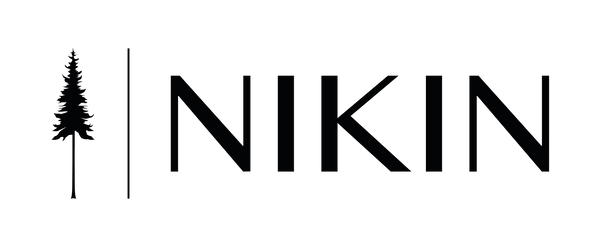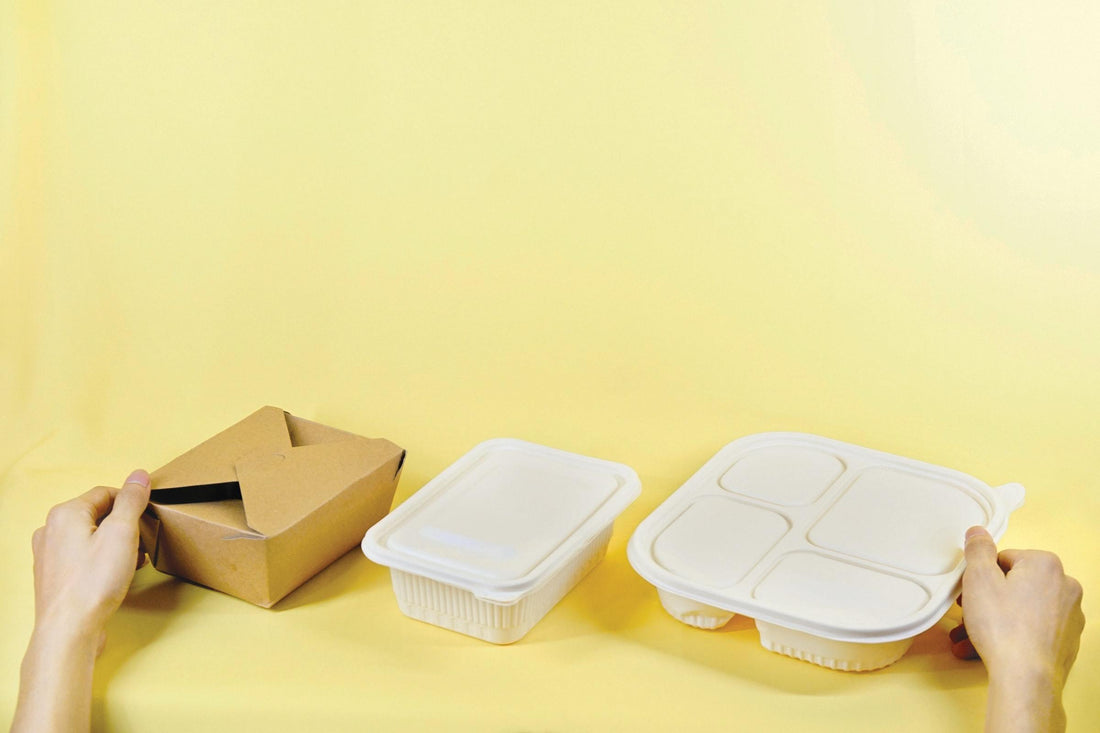On July 3, 2021, the new EU law, which aims to significantly reduce the use of plastic packaging, will come into force. This will have an impact on consumption in all member states and, due to close trade relations, also on Switzerland. Why the new law is important and what will change - find out more here.
In order to promote sustainable packaging options and protect the environment, the EU has passed a law banning certain types of packaging. The following items will be banned from July:
- To-go food packaging made of so-called EPS - the abbreviation stands for "expanded polystyrene", more commonly known as Styrofoam.
- Disposable plates and other tableware - even if they appear to be paper plates at first glance, these items pose a particular challenge from a recycling perspective. A wafer-thin plastic film prevents soaking and makes reuse difficult.
- Plastic cutlery, plastic straws and other plastic drinks accessories

We produce a lot of waste
It's obvious that certain products need packaging - drinks, for example. But why do you find portion-wrapped vegetables in the stores? Packaging helps to keep products fresh for longer and reduce food waste. But we often forget that many products are already packaged very efficiently by Mother Nature: in their own bowl.
Another trend that is feeding the flood of packaging is online retail. Especially during the pandemic, more people have ordered everyday items online: tiny orders in a huge cardboard box, lavishly filled with polystyrene. This should now come to an end. And that's a good thing - because in Switzerland, each individual produced 715 kilograms of waste in 2016!

Think twice about packaging
With the new law, the EU wants to oblige manufacturers to be more sustainable. But consumers should also play their part. Anyone who automatically reaches for packaged products when shopping is promoting the harmful side of the packaging industry. Anyone who thinks that collecting and separating packaging is enough is also wrong. It is not uncommon for the waste to end up in an emerging country, where it is not recycled sustainably or even left standing. It is therefore more effective to start where your own waste is generated - at the point of purchase:
- Buy more unpackaged food, for example at the weekly market, or take your own packaging with you.
- Have a small thermos flask with you instead of Coffee2Go.
- Take cloth bags with you and wave goodbye to plastic bags or paper bags in the department store.
- Drink tap water or use an aerator - after all, the cartridges are recycled.
- If packaging is used, then glass containers are better than plastic. Glass is easy to recycle and reusable bottles are an ideal solution for drinks.

Correct disposal remains important
Only a few consumers manage to completely avoid packaging waste through a consistent lifestyle. This is understandable. That's why disposing of waste properly is an important contribution to environmental protection. Thanks to online services such as abfall.ch, households can put together their own "waste calendar" based on their zip code and send it electronically to their cell phone or print it out as an ICS file. Textiles, hazardous and organic waste? All collection data at a glance and as required. With such a practical waste disposal calendar, you can easily make a contribution to recycling.




















